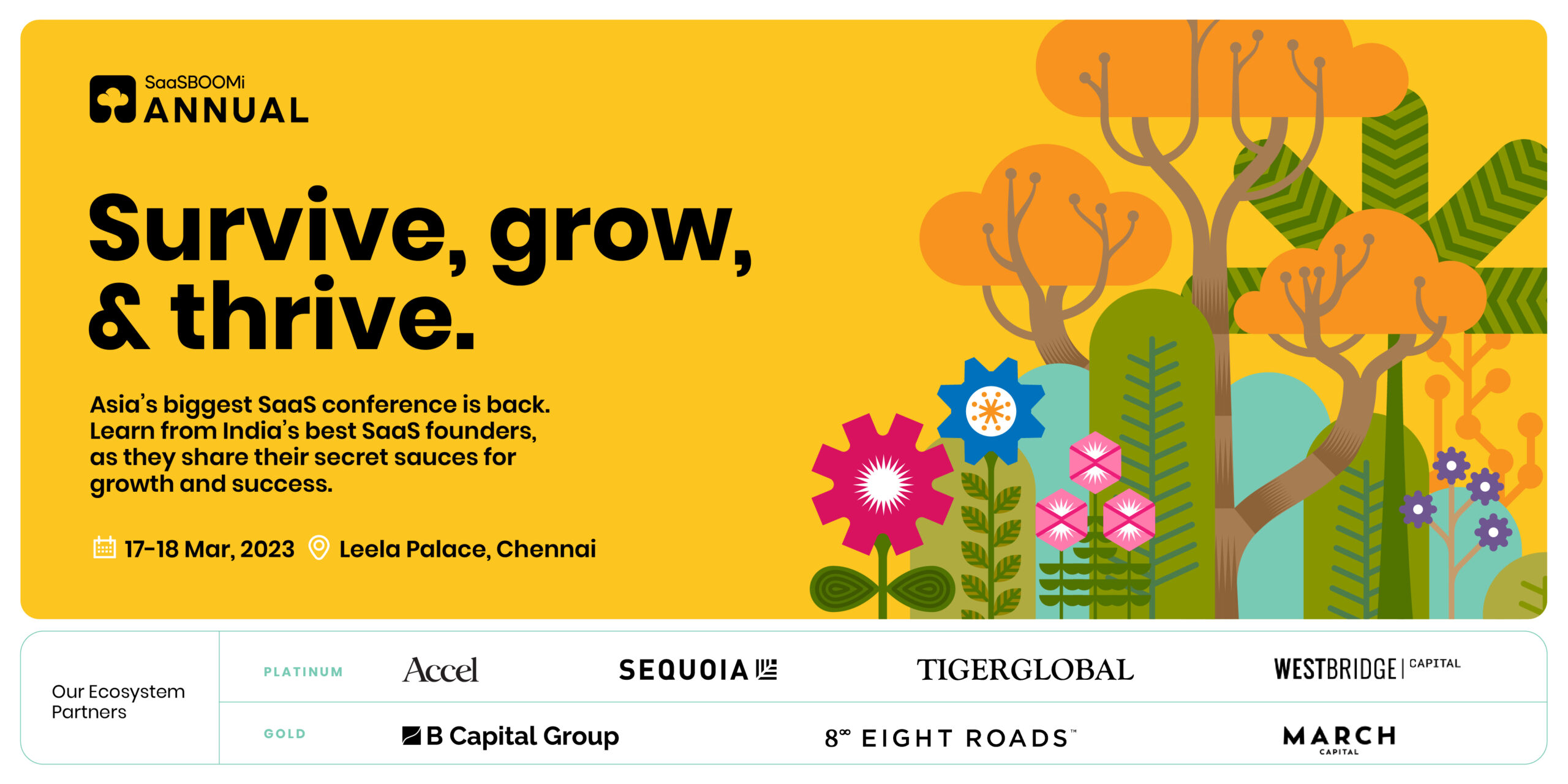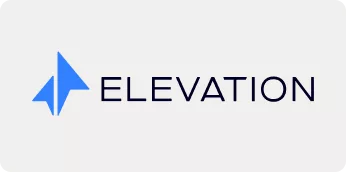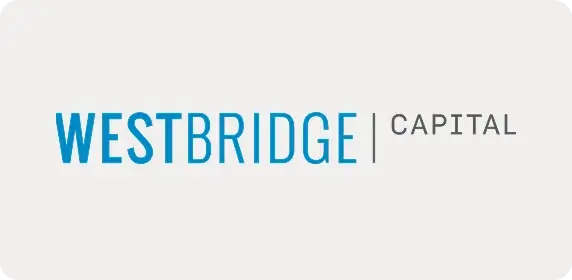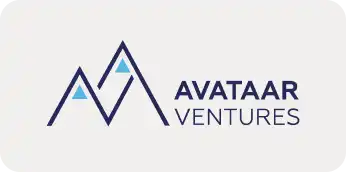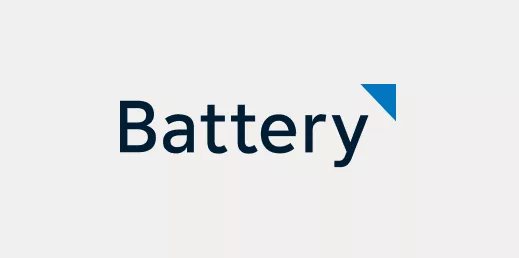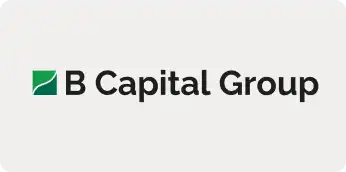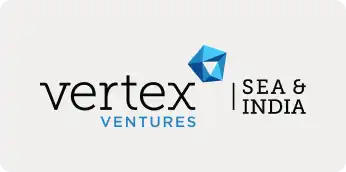My story with Qafila kicked off with a pretty casual chat. I’m Aastha Sharma, co-founder of Veris & a passionate SaaSBoomi volunteer. I was brainstorming how to dip our toes into the Middle East, a region that was popping up on our radar; thanks to some early interest. Despite my experience with SaaSBoomi, cracking the code of the Gulf Cooperation Council (GCC) felt like deciphering an ancient script. Not much was written about the region, what was, was cryptic, not really detailing the full picture. On top, the pace of transformation within the region, was itself rather hard to keep tabs on.
A walk with Avinash Raghava (Avi, as people affectionately call him), who, with his cool, off-the-cuff wisdom, lights up the bulb in my head. “Good catch, Aastha,” he says, pointing out the glaring gap—a playbook for the GCC was missing from our arsenal. His next question wasn’t really a question but more of an adventure waiting to unfold, “Would you mind helping us build it?” How could I say no? Whether it was for the sheer thrill to learn, my love for SaaSBoomi, or my admiration for Avi, I was on board before I knew it.
The project quickly evolved with the support of Kapil Makhija, CEO of Unicommerce. Kapil, who has impressively scaled his company’s revenue by over 50% in a single year to nearly INR 90 crores, was just the kind of visionary I needed by my side. Together, we embarked on what would become a series of enlightening conversations.
Our mission? To tap into the collective wisdom of six industry veterans who had entered the GCC market and thrived within it. We reached out to the likes of Sachin Bhatia of Exotel, Mrigank Tripathi from PeopleStrong, Dhruvil Sanghvi of Loginext, Ashish Tulsian from Posist, Yash Sultania of Xebo, and Ankit Oberoi from AdPushup. Each conversation was a deep dive into their experiences, struggles, and triumphs in the GCC’s unique business landscape. What emerged from these discussions was nothing short of magical. The insights shared by these trailblazers breathed life into a comprehensive playbook. The playbook, now ready for your perusal, shifted our curiosity into solid confidence.
This newfound confidence was rooted in a clear realization: the GCC market is ripe with potential, bursting at the seams with opportunities for digital transformation. Each country within the GCC was actively seeking to transcend its oil-rich legacy, aiming to position itself as a global tech hub. The vision was clear, and the ambition was palpable—this was a market that demanded attention, a region that refused to be ignored.
The playbook was just the beginning though. The next natural question bubbled up during another one of those game-changing calls with Avi: “What next?” This time, Avinash didn’t miss a beat. His proposal was as audacious as it was exciting: “Let’s do a Mini Caravan.”
The idea was simple. Why not take this theoretical framework we’d built and turn it into tangible opportunities? “Let’s help companies explore this market,” he suggested. The potential we’d unearthed was too significant to ignore. It was time to bridge the gap between knowledge and action, to grant our SaaS community first hand access to the GCC’s promising terrain.
This proposition came to us in November, with the clock ticking loudly in the background. Our timeline was tight, especially with the SaaSBoomi Annual set for March. We had to carve out a sweet spot—far enough from Annual to avoid overlap and well-after the holiday season to ensure everyone was back from their Christmas vacations, refreshed and ready, keeping in mind the active event timeline for the GCC as well.
The challenge was clear: we had just a few months to bring this Mini Caravan to life. The task was daunting, but the thrill of the unknown propelled us forward. This was a mission to open up new pathways for growth, to demystify a market teeming with untapped potential, and to solidify the bridge between SaaS innovators and the vibrant economies of the GCC. Fueled by ambition and camaraderie, unfolded several key milestones. Each representing a leap towards realizing our vision:
Naming our ‘Mini Caravan’
“Qafila,” with its roots deeply embedded in the Arabic language, meaning ‘A group of herding families,’ resonated with our mission on multiple levels. As a proud graduate of SGx, SaaSBoomi’s flagship mentorship program, I’ve experienced firsthand the power of community. Every SGx graduate becomes part of a WhatsApp group dubbed ‘SGx Family,’ a reflection of the bonds we forge, the growth we share, and, yes, the unforgettable parties we throw.
For me, SaaSBoomi has always been more than a community; it’s been a family. Naming our project “Qafila” was a nod to this sense of togetherness and collective adventure. Just like a caravan of families traversing the desert, we were set to explore the vast, promising landscape of the GCC together.
Crafting the blueprint
Our second significant milestone was crystallizing the format of Qafila, a decision that shaped its very core. “Let’s experiment. Let’s make it SaaSBoomi’s first product,” said Avi. A product not just in the metaphorical sense but as a tangible offering aimed at yielding real investment returns.
Avi envisioned Qafila as a dual-purpose endeavor: a market development cum learning expedition designed to provide direct access to the GCC market for founders. “Let’s take the tougher route, and aim to win,” he urged.
The evolution from a simple request to a fully-fledged vision, and from that vision to a strategic plan, was nothing short of inspiring. Qafila was to be SaaSBoomi’s inaugural venture into productizing a service that directly catered to the needs of our community. The road to bringing this product to market promised to be the most exhilarating part of our journey, filled with challenges, learnings, and the undeniable thrill of pioneering something truly unique.
Assembling the dream team
The third milestone in our journey was pivotal: assembling our core team of volunteers. This was when the blueprint began to take on life and color. Kapil, Avinash, and I quickly realized the magnitude of what we were undertaking. We needed more than just a solid plan; we needed a team—a group of individuals who could bring this vision to fruition with their unique skills, energy, and commitment.
First on board was Ankit Oberoi, a name synonymous with success in the AdPushup saga, stepping in as the Chair of Qafila. My interactions with Ankit were enriching; his humility, balanced articulation, and sheer drive for excellence left me inspired. Anchored in Dubai, Ankit became the backbone of Qafila, steering it towards its ambitious goals. His leadership was instrumental in forging our partnership with MIT Sloan Management Review and smoothing out countless logistical wrinkles. A special shoutout to Sachin Gulati from Ankit’s team, the operational pillar of Qafila, whose efforts were indispensable.
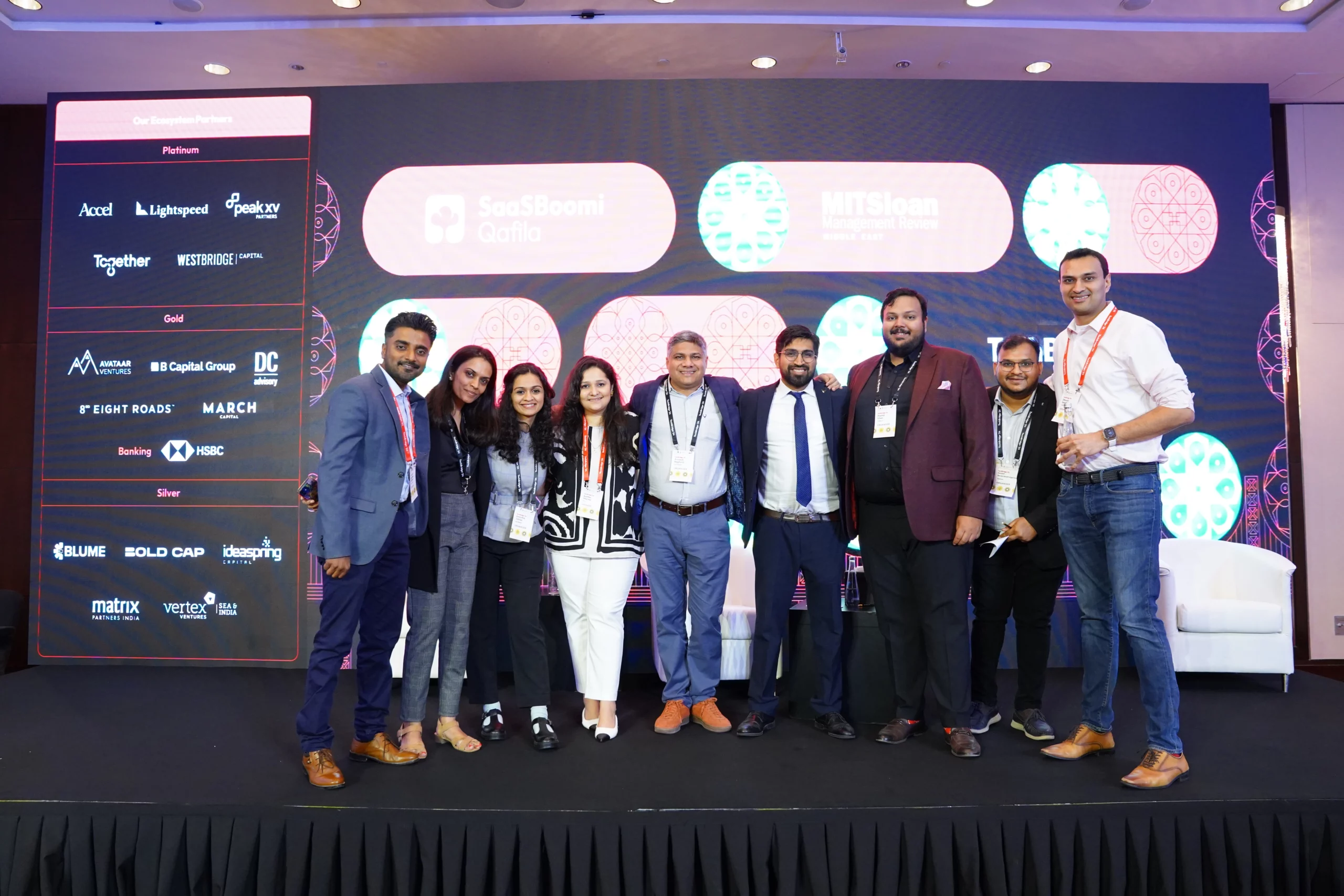
Then, the dynamic Dhruvil Sanghvi from LogiNext brought his infectious energy to the mix. Known for his ability to light up any room (or call) he’s in, Dhruvil’s execution speed and adeptness were like adding genius to our project.
Yash Sultania from Xebo, with his deep regional insights from nearly a decade in the GCC, and Abhi Ballabh from ExtraaEdge, with his meticulous planning and fresh perspectives, enriched our planning sessions immeasurably. Harshit Agarwal from Appknox, our “Mr. Dependable,” brought humility and reliability, while Rashid Khan from Yellow.ai impressed with his calm, precise, and action-oriented approach. Not to forget, Shruti Kapoor, whose eloquence and ability to engage and extract value for our community have always been unmatched.
And behind the scenes, the unsung heroes: Jayashee, with her boundless energy and genuine goodwill, and Amrutha, who jumped straight from her wedding into the whirlwind of Qafila planning, weaving magic with her project management expertise.
This powerhouse spent countless days and nights piecing together Qafila, each bringing their unique strengths to the table.
Narrating the story of Qafila
A whisper of uncertainty lingered in the air. The concept of Qafila was bold, ambitious, and ready to be unveiled, yet a pivotal question haunted us: Would our Founder & GCC’s CIO community find value in this endeavor? The concept was primed, the team was buzzing with anticipation, and our operations were set to roll. But the essence of Qafila—its very soul—needed a vessel, a form that could convey its purpose and inspire engagement. This was about more than just functionality; it was about resonance. How could we ensure that both founders and the CIO community in the GCC would see Qafila not just as another initiative but as a transformative journey worth embarking on?
More than aesthetics; it was about crafting a narrative so compelling that engagement would be inevitable. The look, the feel, the language, the assets—every webpage, every piece of our podcast series, each invitation to be meticulously designed to tell a story. A story of boundless possibilities, sculpting an identity from the ground up. An identity that would inspire belief in the Indian SaaS Ecosystem – brought to life by the artistic genius of Georgie, Millusha, Varun, and Ridhi.
? Day 1: Unveiling the business terrain of the GCC
Our journey into Qafila commenced with an immersive exploration of the GCC’s vibrant business landscape. The sessions loaded, covering every conceivable topic to arm founders with the knowledge necessary for success. From cultural nuances like the appropriate greetings and gift-giving etiquettes to strategic insights on industry disruptors, sales channels, and budget planning. The aim was clear: to equip participants with a comprehensive understanding of the region, from quick wins to plotting long-term success strategies, including language localization, data hosting considerations, legal structures, taxation, and so forth.
The speakers, each a veteran, brought years of experience to the table. Their stories were instructive and inspirational, painting a vivid picture of what founders could achieve in ‘the region.’

As the day transitioned into evening, the atmosphere shifted from informative to celebratory. A yacht became the stage for what would soon be everlasting friendships among founders. With the majestic skyline of Dubai as our backdrop and the iconic “Whistle Podu” anthem setting the mood, the scene was nothing short of magical. This moment held a special significance. The sight of seasoned professionals letting loose and new faces engaged in deep, meaningful conversations underscored the essence of Qafila. As the birthplace of lasting bonds, we sailed under the starlit sky, it became apparent that these memories would endure, forever etched in the hearts of those aboard.
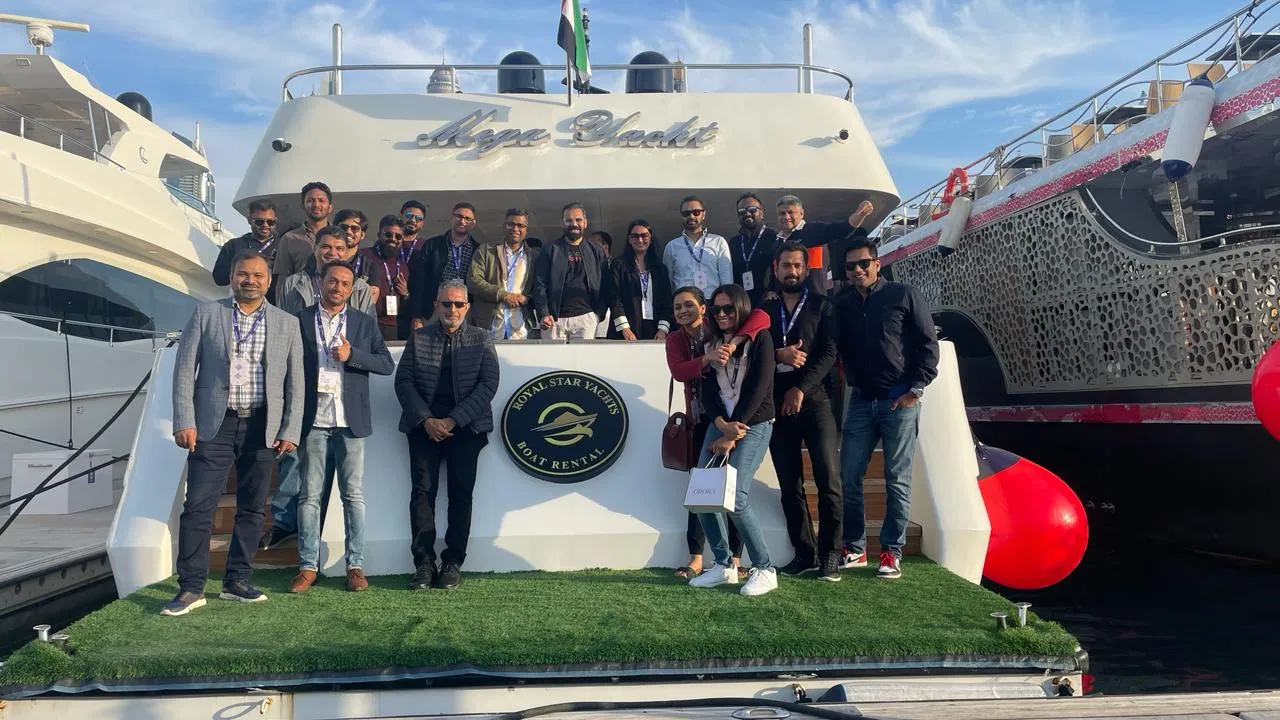
? Day 2: The Heart of Qafila – #TechBridge
The heart of Qafila palpitated with excitement as we geared up for TechBridge. Hosted at the Conrad, this day set my nerves on edge. It was the culmination of countless hours of preparation, a bridge for founders to directly engage with the buyer community. With each founder donning their best formal attire, dandy & ready, the air buzzed with anticipation, reminiscent of the charged atmosphere of a “Koun Banega Crorepati” studio.
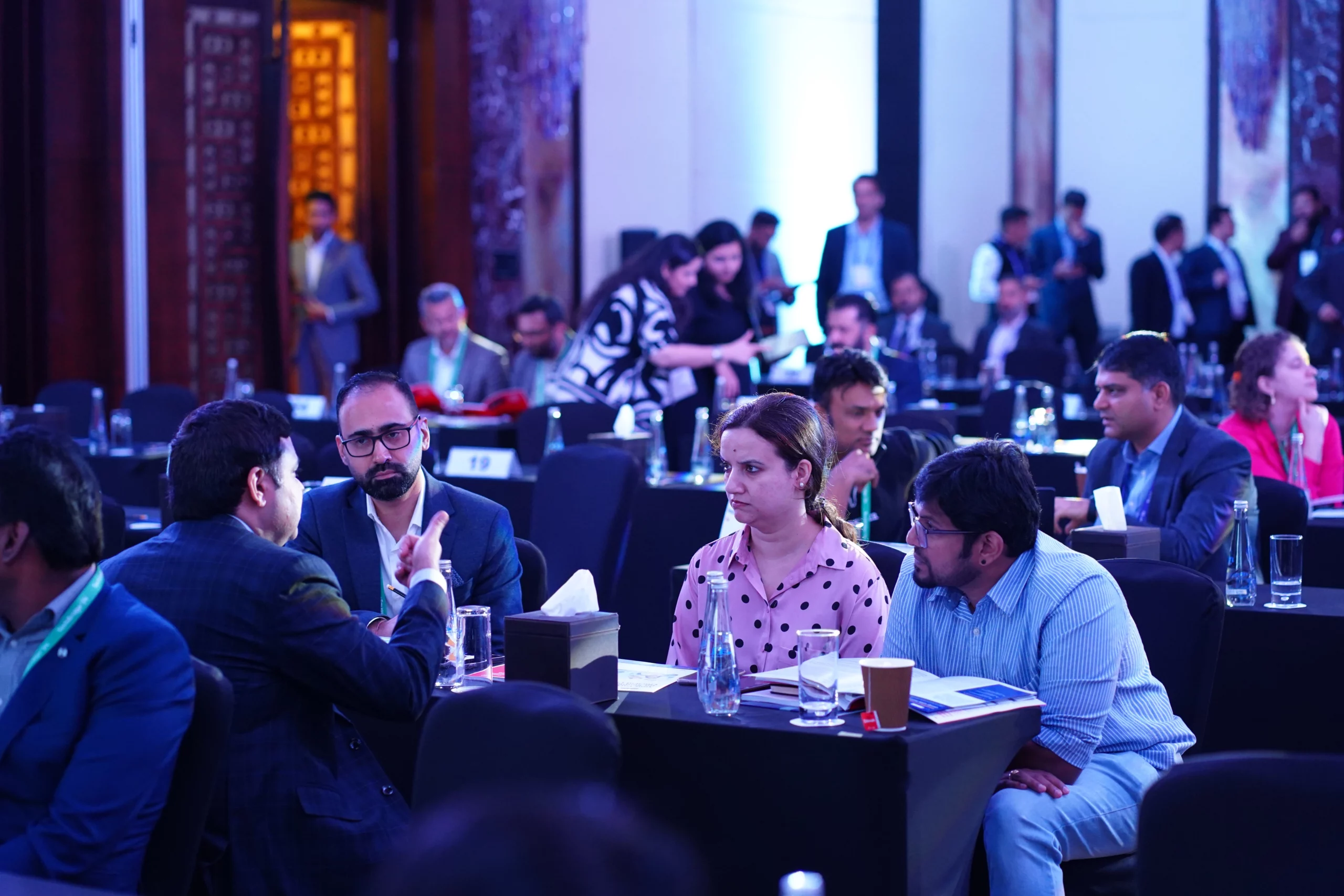
The day ignited with showcases from six trailblazing companies – Kovai, Facilio, MoEngage, Exotel, Securden, and SignDesk, each depicting the prowess of India SaaS. They were compelling narratives on why the GCC must take notice of Indian SaaS for its complex enterprise challenges. Dr. Chandrasekhar Panda from McKinsey alongside Ankit, broadened the horizon with a macro perspective, illustrating the seamless alignment of capabilities and needs within the India-GCC SaaS Corridor.
Then came the big moment – the ‘Bazaar of Opportunities.’ Envision a bustling marketplace, not of goods, but of potential and innovation, where founders and CIOs engaged in back-to-back, 13-minute meetings. This speed-dating format bridged innovators with adopters in a dynamic, fast-paced environment. Amidst this frenzy, organizers moved through the crowds, facilitating perfect matches between solutions and needs, while outside the formal meeting spaces, the event continued to buzz with media interviews and insightful conversations over lunch and coffee.
Equally commendable was the agility and openness of the CIO & technology leader community. Despite initial skepticism about the speed dating format and its viability in the region, they stepped out of their comfort zones, engaging with one founder after another. Their feedback post-event has been overwhelmingly positive, expressing a keen interest in deepening engagements with the startups they met and to help build this initiative further.
The day further unfolded into the ‘Majlis of Minds,’ a segment where industry visionaries like Vinay Kumar, Ram Kumar, Veneeth Purushotaman, Ali Katkhada, and Himanshu Shrivastava participated in discussions on pivotal trends shaping the tech landscape. From AI’s transformative potential to sector-specific technological advancements and digitally enhanced human experiences, these talks offered founders a rare glimpse into the CIOs’ perspective, enriching their understanding of regional technological ambitions and priorities.
? Day 3: Charting new frontiers with partnerships
As we neared the end of our journey, Day 3, focused on a pivotal aspect often overlooked in the rush towards numbers. For those new to the dynamics of the GCC, it’s a world where partnerships are foundational. Historically, technology adoption here has been propelled by a network of resellers, system integrators, and referrals. But now, with the government’s ambitious push towards creating tech-infused urban landscapes, a new breed of partners has emerged. These are entities dedicated to bridging the gap between groundbreaking startups and the region’s evolving tech ambitions, ensuring compliance with local laws for businesses operating from afar.
We kicked off the day with a bang, thanks to Nameer Khan from Haptik. She’s a total powerhouse who broke down the partnership ecosystem in the GCC like it was child’s play. She sought to dive deep into this ecosystem, recognizing that our founders’ ventures could soar with the right alliances. She shared her rich experiences with practical wisdom and genuine enthusiasm. It seemed her talk was a game-changer for many, opening eyes to a whole new world of possibilities.
The momentum built with presentations from luminaries like Sunil Paul, co-founder of Finesse, Subhranshu Sekhar Das of Frost & Sullivan, and Shalabh Jakhetia of iAccel Gulf Business Incubator. In this masterclass, the participants were all ears, soaking up every bit of wisdom they had to offer.
A panel discussion featuring tales of triumph and trial in partner engagement offered tangible takeaways. Figures like Stefano Ferrara, Al Kilgour, and Shobha Moni shared their journeys, igniting a firestorm of curiosity among the founders. Lunchtime became a hotbed of fervent inquiry, with many expressing a keen interest in a dedicated Partner Meet for future editions of Qafila.
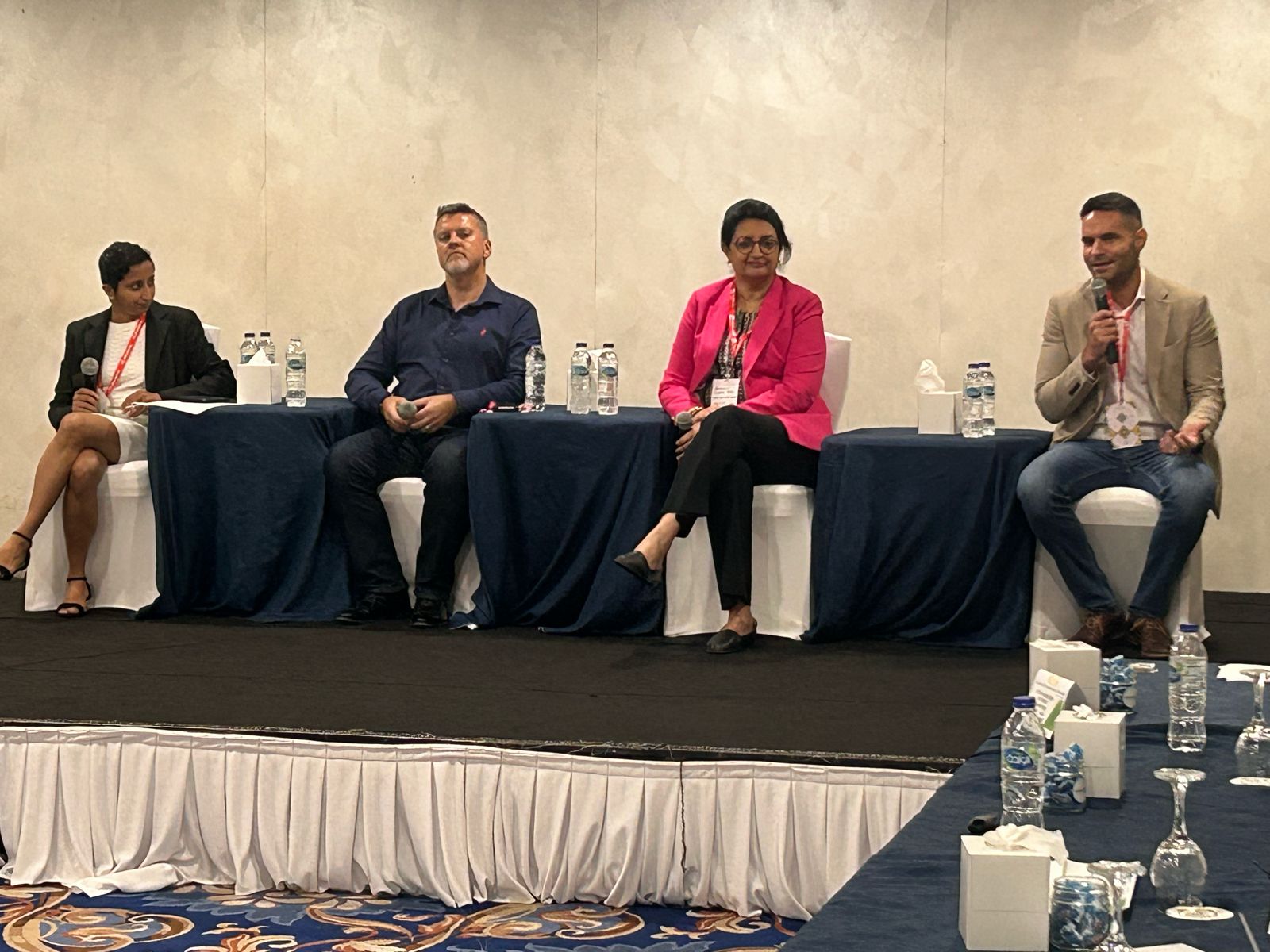
As the curtain fell on Qafila, the atmosphere shifted. Conversations shifted from business strategies to shared laughter and tales of adventure – giving way to plans to explore Dubai together, to clubbing nights and joint meetings. It was clear – the biggest win of Qafila was this community coming alive.
Reflections
Reflecting on the journey, I found myself overwhelmed with a sense of pride—more than the tangible outcomes of Qafila, it was the intangible magic of community. It’s the Pay it Forward spirit, so central to SaaSBoomi, that truly came alive, promising to catapult Indian SaaS onto the global stage where it rightfully belongs.
As I savored my ice cream in solitude that evening, my heart was full. Proud to be part of a community that’s about lifting each other up, about shared journeys and dreams. And perhaps, just perhaps, I began to grasp the essence of what drives Avinash and the entire SaaSBoomi team—a relentless belief in the indomitable spirit of the Indian SaaS ecosystem.
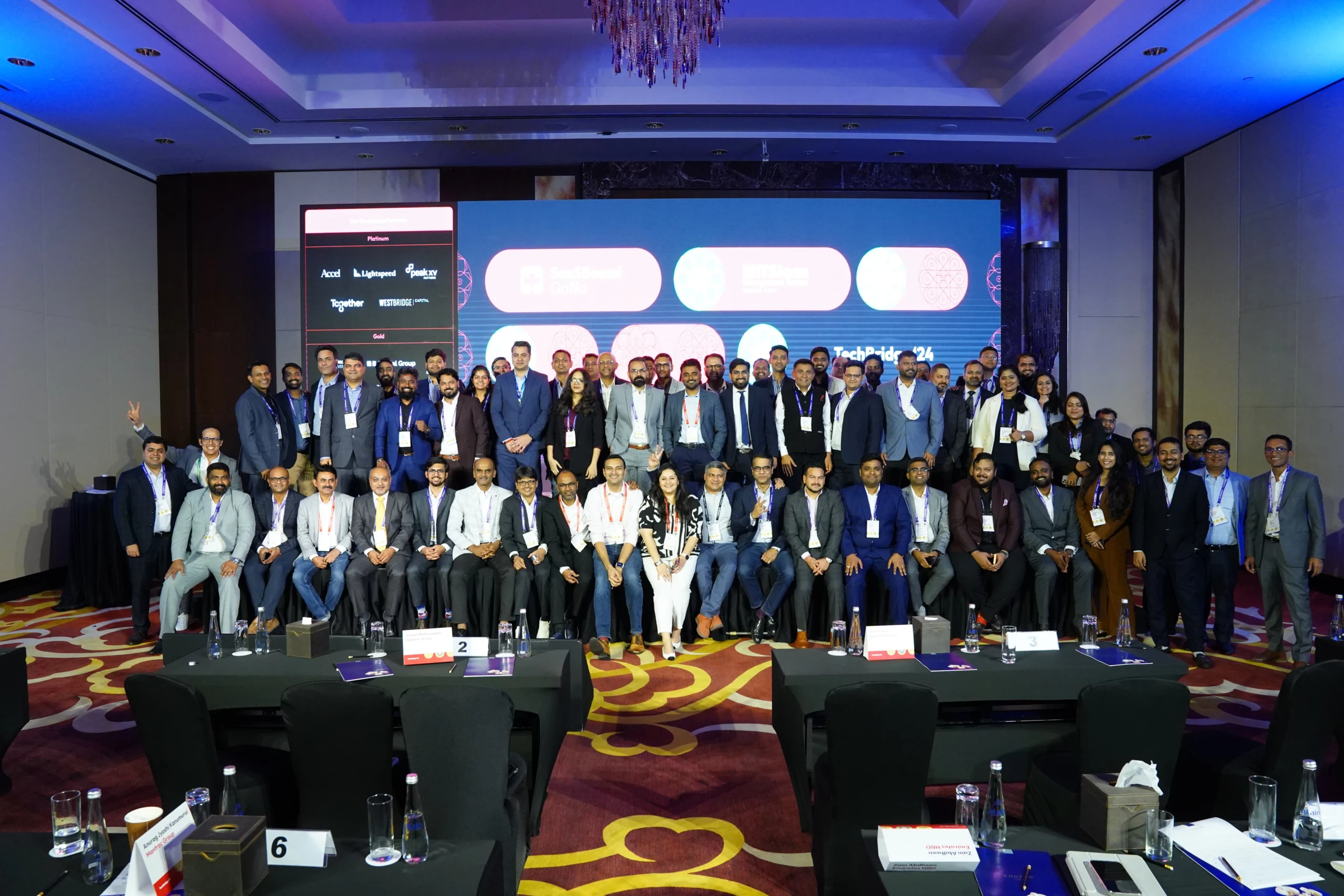
Here’s how Qafila made waves








